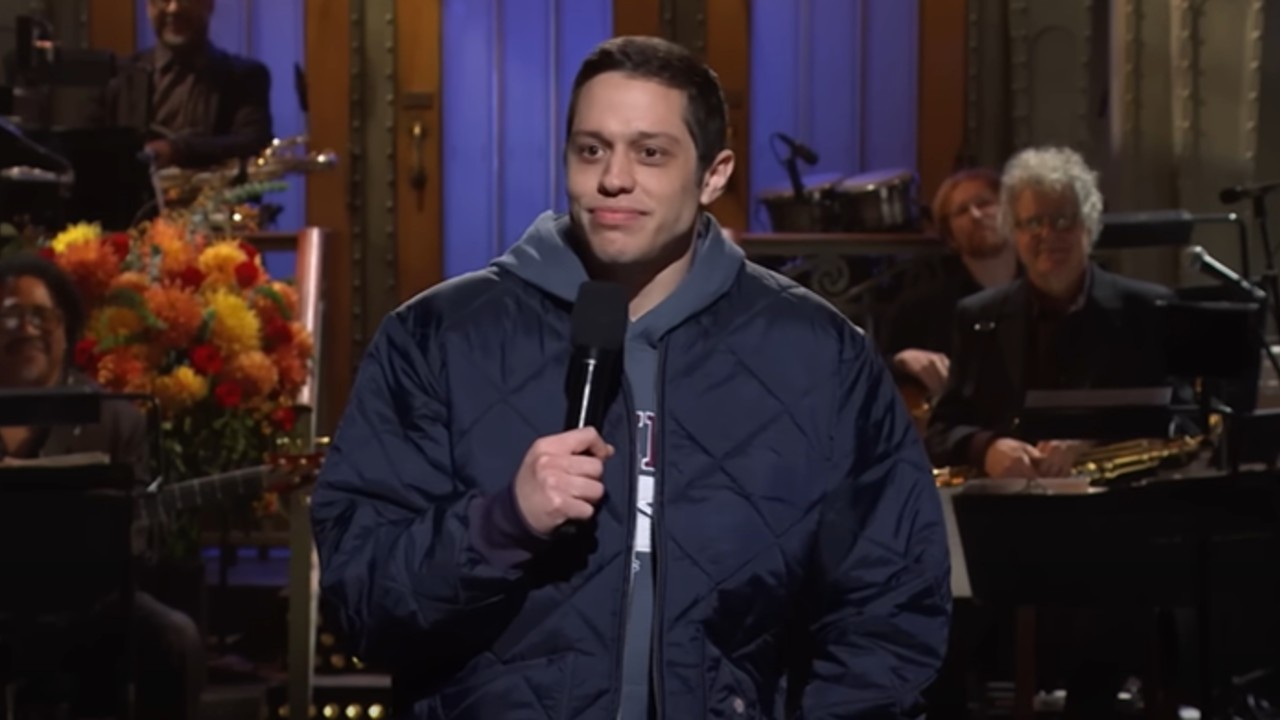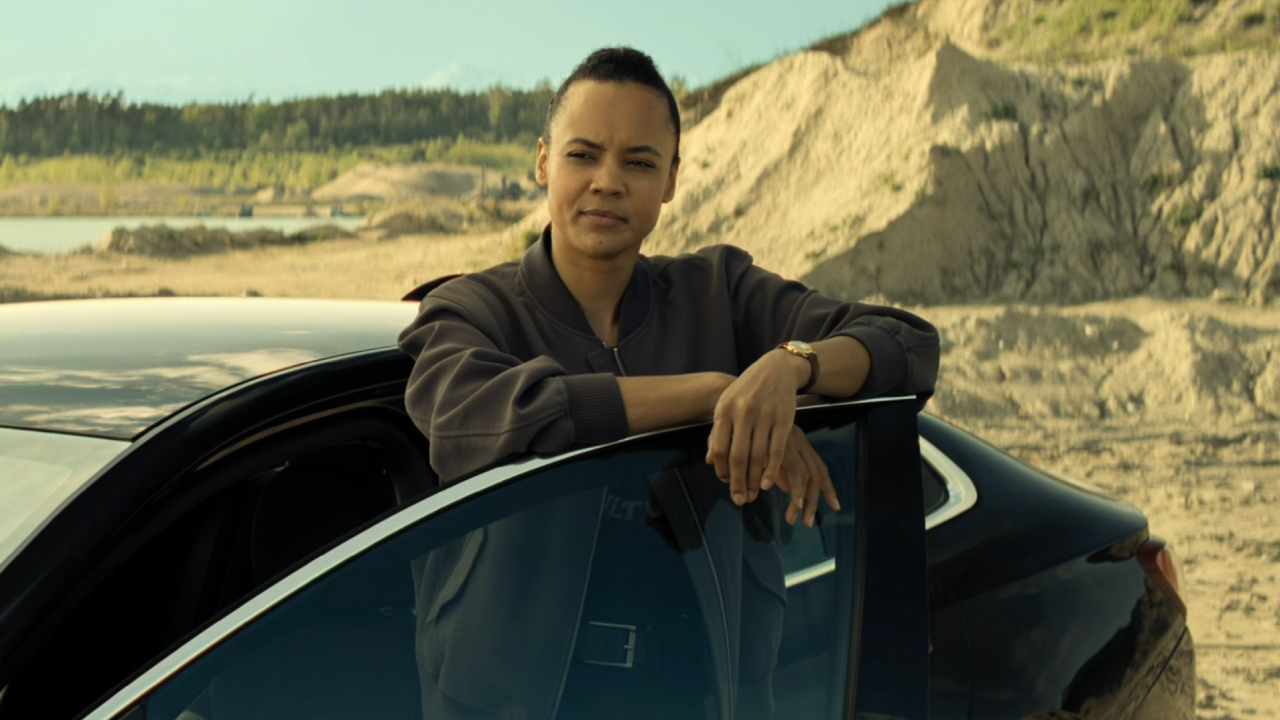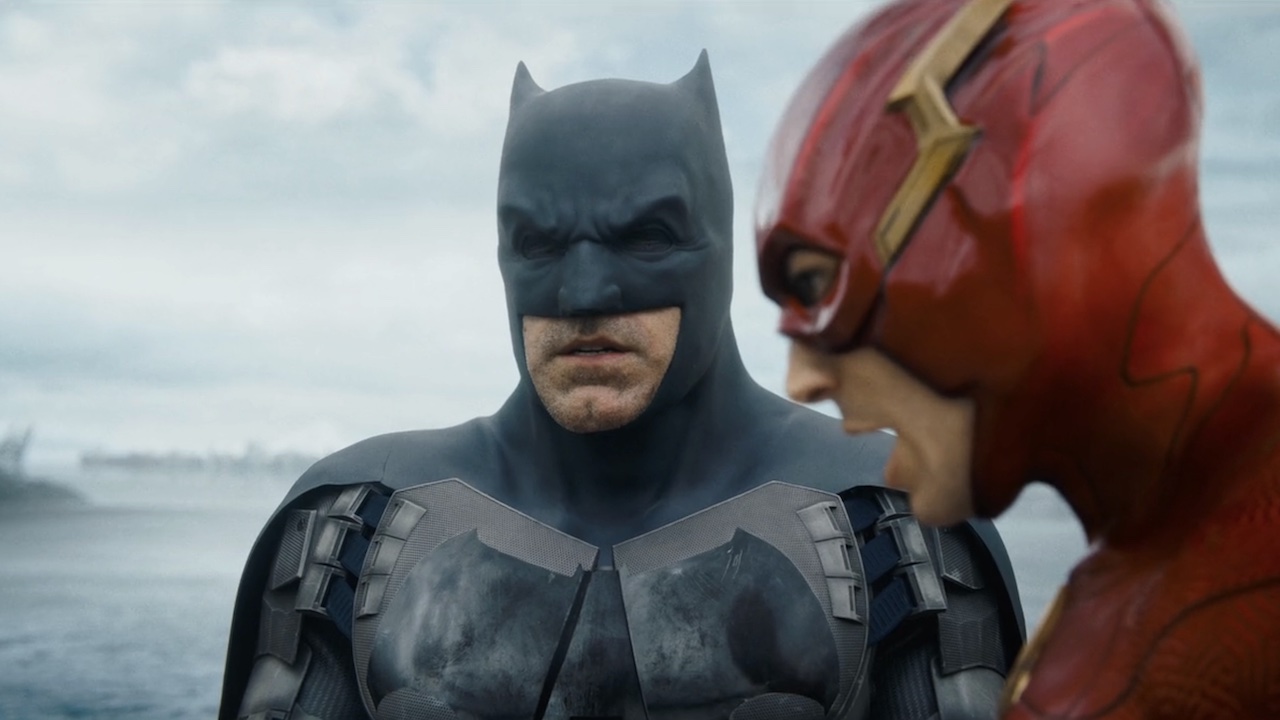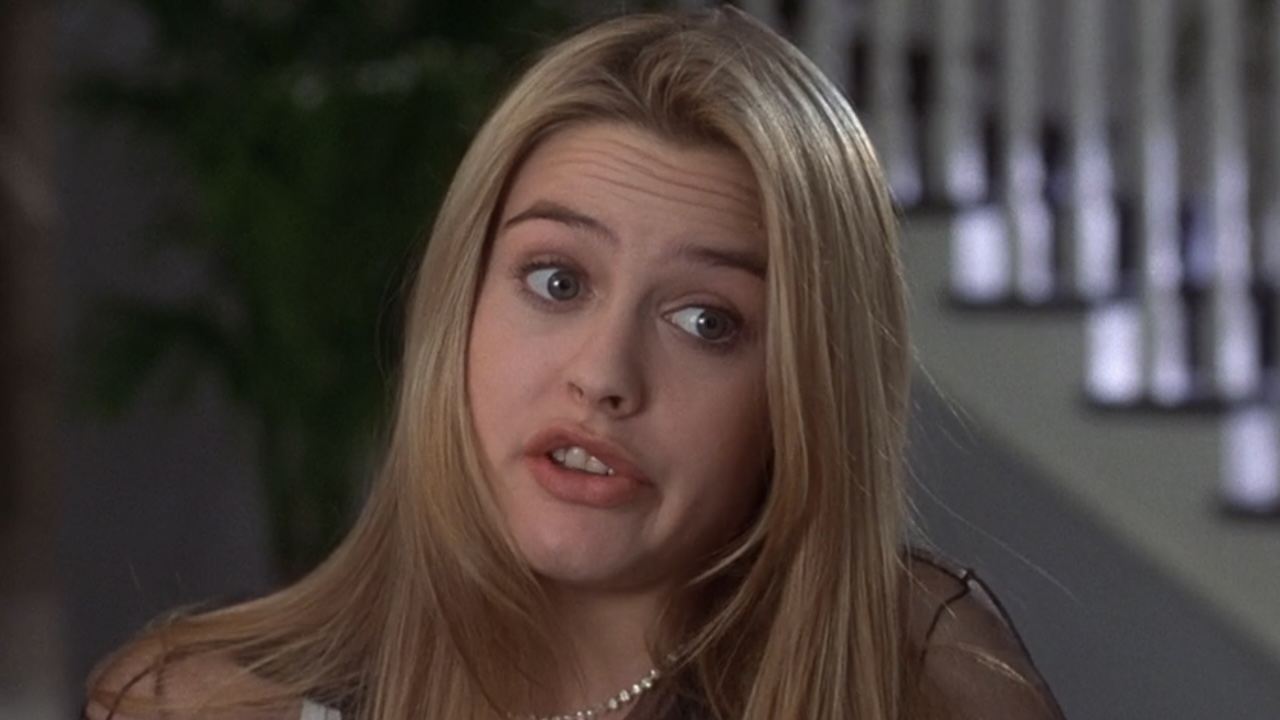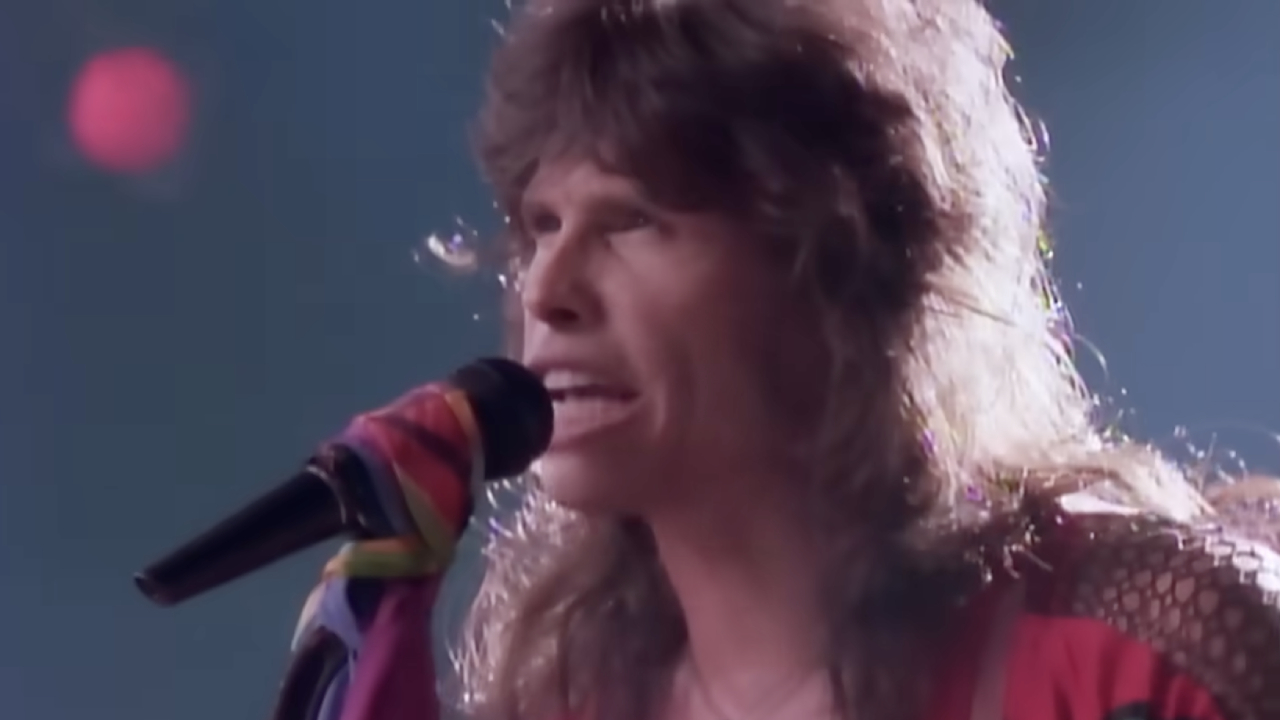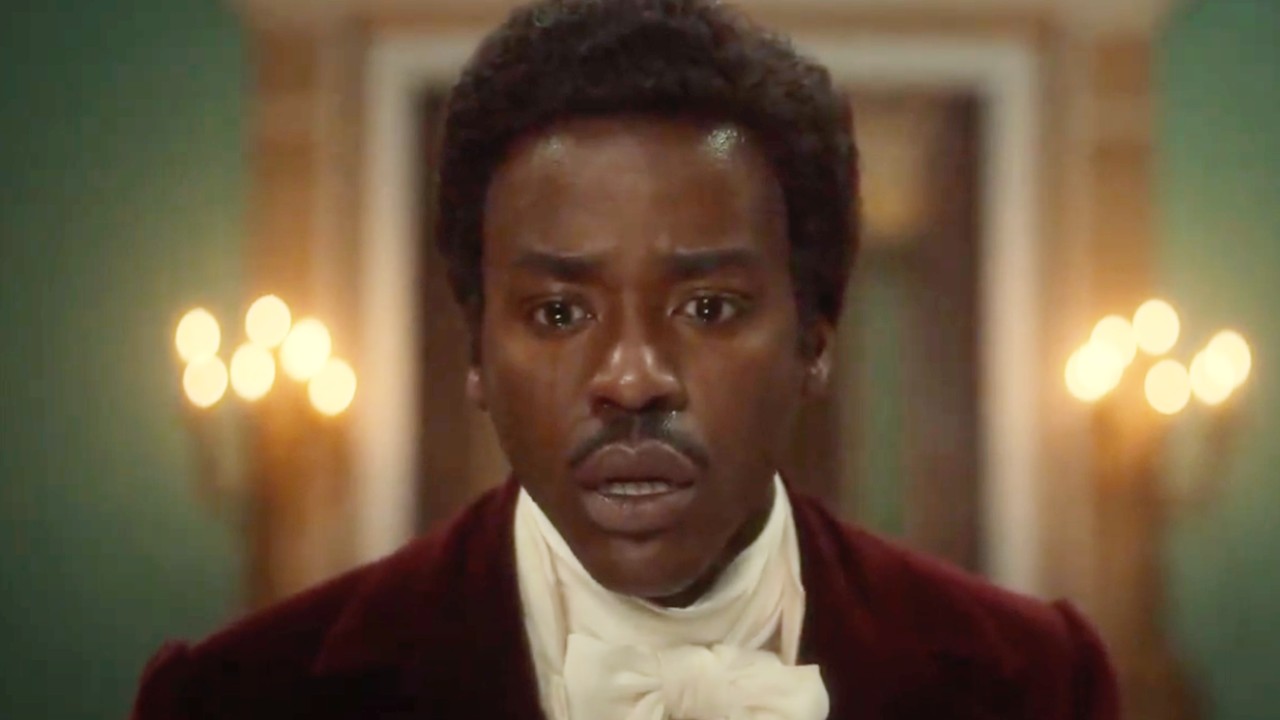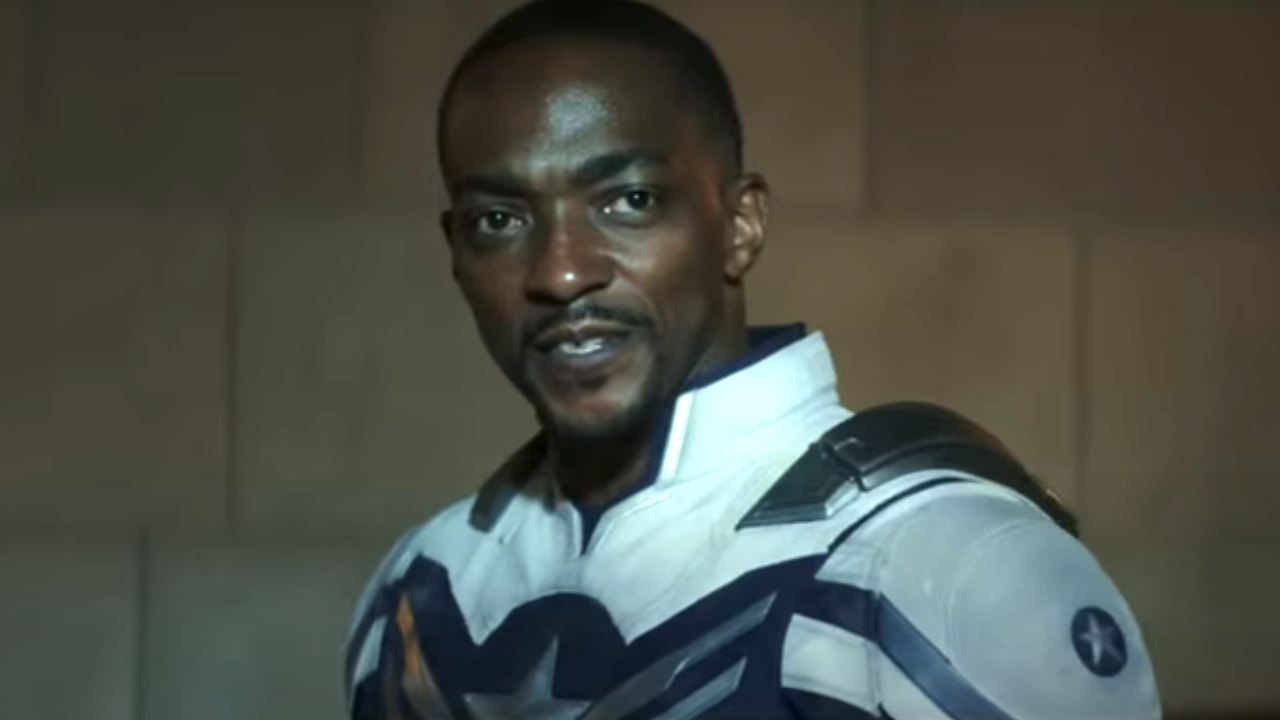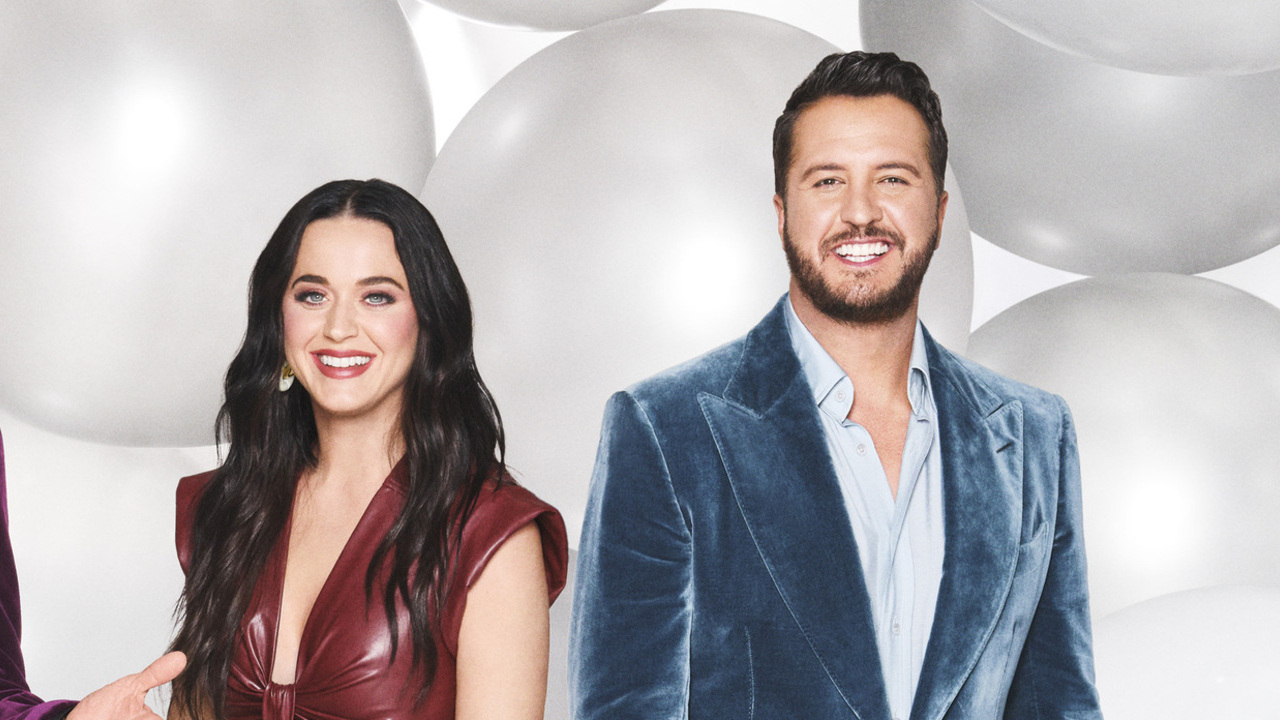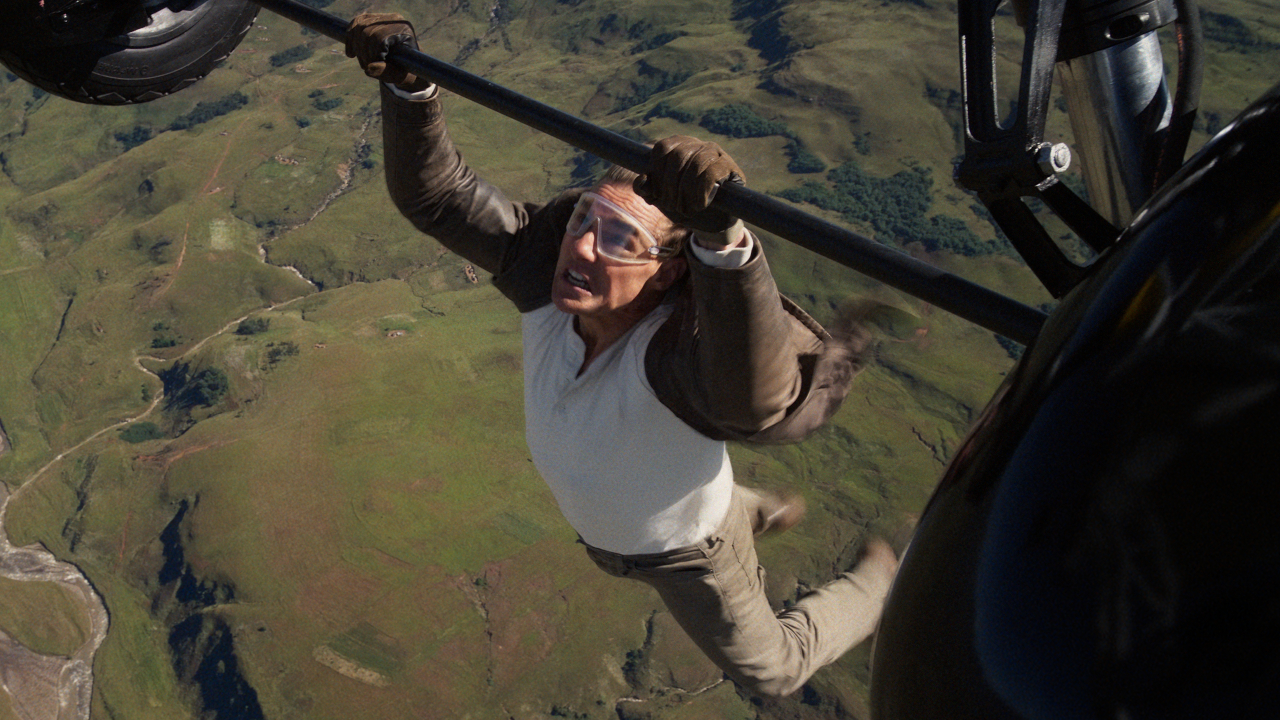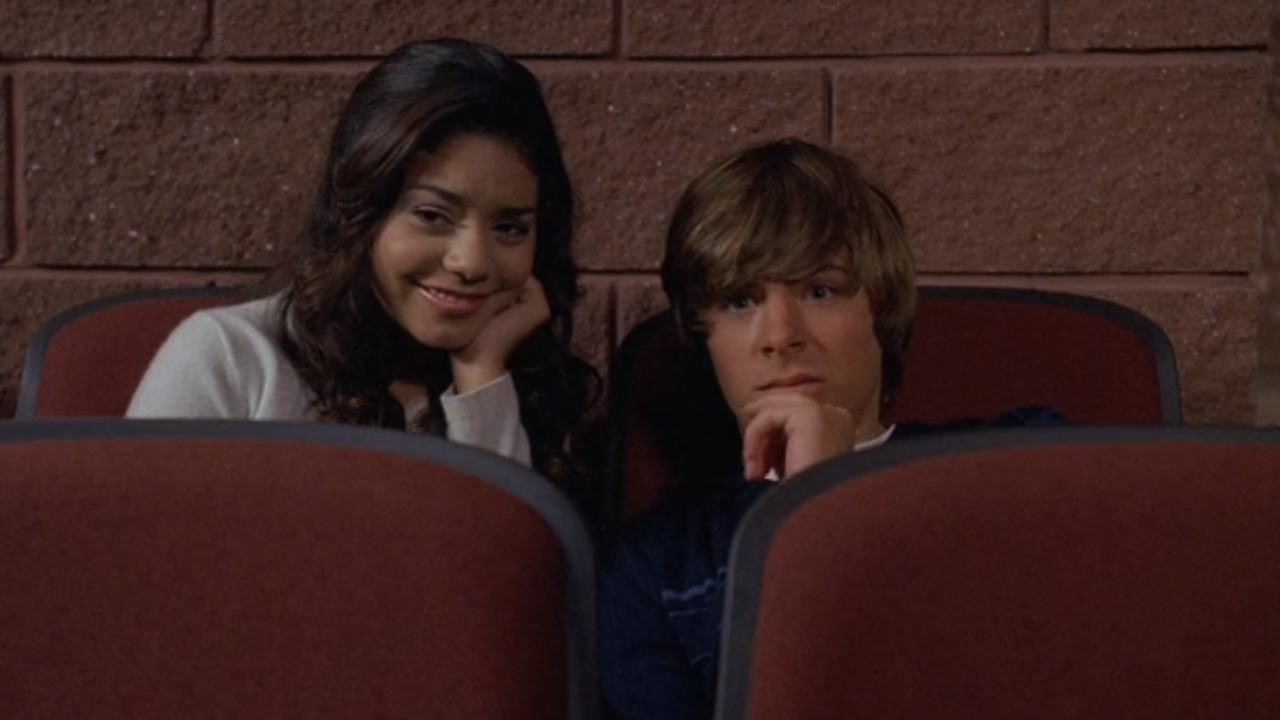How David Oyelowo Transformed Into A Teenager For Lee Daniels' The Butler
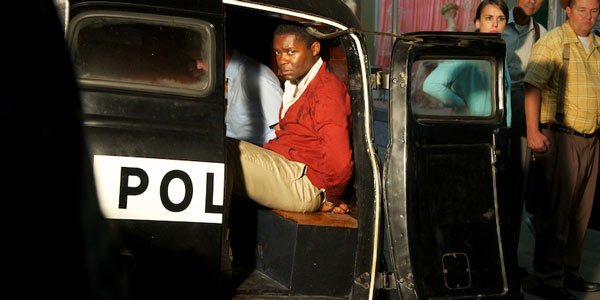
David Oyelowo was everywhere last year, and that was no accident. Sure, he had no way of knowing that the tiny indie Middle of Nowhere, in which he plays the sensitive bus driver romantic interest of our lead heroine, would come to theaters just weeks after Jack Reacher and a month after Lincoln, in which he plays a black soldier brave enough to speak up to the President in the first scene. And, as he told me in our conversation last week, he had no idea that his voice would be the first thing anyone heard in the trailer for Lincoln, which arrived when there was massive speculation about what Daniel Day-Lewis's performance would sound like.
But the fact that Oyelowo has worked with a string of acclaimed directors and in a series of successful films, and has played a seemingly different character in every single one of them? That's no mistake at all. The 37-year-old veteran of the Royal Shakespeare Company in London, who made headlines a decade ago when he played Henry VI, has made his way through Hollywood carefully and slowly, taking on roles in films big (Rise of the Planet of the Apes, Jack Reacher, the upcoming Interstellar) and small (Middle of Nowhere, The Paperboy) that each reveal something new about him. In Lee Daniels' The Butler, in theaters this Friday, Oyelowo steps back into the past to play Louis Gaines, a college student who becomes involved with the Freedom Riders and eventually the Black Panthers as the Civil Rights movement builds in the 1960s. That leads to a series of clashes with his father Cecil (played by Forest Whitaker), the titular butler who works closely with the all-powerful Presidents inside the White House.
Oyelowo plays Louis from age 17 until his late 60s, a remarkable transformation made all the more incredible by how little makeup it took. I asked Oyelowo about that process, as well as the ways that director Lee Daniels' challenges him, how he found out he was such a big part of that Lincoln trailer, and a little about his upcoming work with Christopher Nolan on Interstellar-- and no, he hasn't read the script for that yet, so don't bother asking. Check out our interview below, and see Oyelowo and the rest of the all-star cast in The Butler this weekend.
I’m curious about how freakishly young you play at the beginning of this movie. I think you’re like 16 or something like that?
Yeah, yeah.
Were you wearing makeup? How’d you pull that off?
No, one of the biggest challenges about doing this film was Lee insisted on no makeup, until we were older. I’ve worked with him twice now and he’s all about authenticity, you know. Before each take, he’s right up in your face, checking that you didn’t put any makeup on or anything, because he wants the camera to catch every bead of sweat. So, that was actually a challenge. I was like, “Lee, you’ve got to help me out here.” I was going from so, I think, yeah, it’s 17 through to 68. So, I literally had to do crazy things like, you know, make sure I got 10 hours of sleep before the days I was playing young, drink lots of water, you know, just silly things that I almost had to experiment to find out if they actually worked. And then when I sort of get a bit older, literally, I would eat a lot of salty foods…
CINEMABLEND NEWSLETTER
Your Daily Blend of Entertainment News
So you would puff up?
Yeah, and then drink lots of water. So apparently, this is what I found out, the water clings to the salt and you sort of puff out and literally you can see it overnight, and that helps. So, yeah, it was crazy things like that I had to do over the three months.
And then you go do another movie with makeup and you’re like, oh, this is so much easier.
Yeah, you know. I don’t have to eat salty food and you know, go to bed really early and all that good stuff, but you know what? I had played Henry VI at the Royal Shakespeare Company about 10 years ago.
Famously, a far as I can tell.
Yeah, yeah, it went incredibly well. And similarly I had to play from a very young to I think again from my teenage years through to maybe late 50s, maybe early 60s, and again, we were working with a director who wasn’t keen on makeup.
Even on stage, where you can get away with so much more.
Exactly, but that was kind of the point, because we didn’t want that to be distracting. And so much of aging is an attitude really, whether it’s confidence, whether it’s what’s happening physically with the body, the eyes, you know, with the emotions. When Lee first cast me as this, I said, you know what, I actually, and I didn’t mean it this way, I said, “Let’s do as little makeup as possible, I want to see if this is achievable, because I’ve done this once before in the theater. Let’s see if it works on film.”
So, it was almost a challenge to yourself.
Yeah, but Lee always has to push everything the the nth degree, so I said less makeup and he’s like, “No makeup.” I was like, no, that’s not what I meant.
Well, with The Paperboy, you say he had similar natural techniques, but the tone of that movie is really different. It’s really big and your character goes through this crazy transformation at the end. Lee pushes you in one way on that, so when you transfer to something like this, is he pushing you in a different way?
He is, I mean, the thing with Lee is that not only is he pushing you in relation to the character you’re saying, but the more he gets to know you as an actor, he literally demands of you more than he has seen of you.
So, the better he knows you, the harder he pushes you?
Yeah, which I think is why I really, really enjoy working with him, because I’m always a better actor beyond the experience, because I always discover new things about myself. The Paperboy we really pushed it on the envelope in terms of a character who was duplicitous, someone who just wasn’t all that he seemed. Whereas with this, you know, the film largely centers around this family and it’s far more vulnerable, far more open in terms of feelings. There’s an openness and an honestly that isn’t in The Paperboy. The Paperboy is diametrically opposed, I would say.
Not about open emotions.
Exactly, it’s all about hidden emotion and a hidden inner life. So, with this, you know, he was really pushing me towards what it is to be, you know, can we show a boy becoming a man before our eyes? Can we show the birth of the civil rights movement through one person? It was in the same way that Forest beautifully embodies some of the pain, some of the subservience, that had been imposed upon black people through history, my character was taking on the fire that was burning within black people back then, to challenge this country for freedom and you know, I had to sort of embody that in an embryonic form and then for it to sort of gain in momentum through to its fruition through the course of the film.
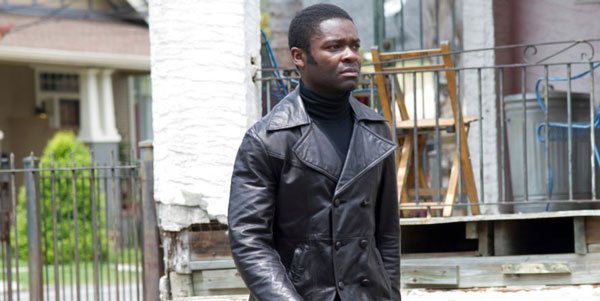
The ‘60s have been this pretty big looming myth for American filmmakers and artists of all kind. There’s been this baby boomer nostalgia forever, and I’m curious about how that translates to you, not having been born here. Do you get that romanticism of it or is that something you sort of have to tune into to get into?
Well, you know, one of the things I benefited from, whether it was doing Redt Tails, which was set in the ‘40s or Lincoln in the 1800s or this film, is that I don’t really have a frame of reference. I didn’t grow up with it. So, I don’t have a romanticized view of what life might have been like or life is esteemed to have been like here in America. I literally have to go and start from scratch and learn and talk to people, either who lived through the era or be very fastidious, especially when it comes to like the 1800s in terms of all the material that’s out there and sort of build a history for my character on the basis of what I deem to be the realism of the day, and I think thats kind of stood me in good stead, because I come at it very much with a blank canvas and approach it like I do any role, which is to try to be as truthful as I can.
Back to Lincoln for a second, do you audition for a role that’s one scene like that. Do you have to go in against a hundred other people or does Steven Spielberg hunt you down somehow?
Well, it was a combination of the two. I believe what happened, or so I’m told, is that George Lucas was showing Steven Spielberg an early cut of Red Tails and apparently Spielberg turned to George and said I want that guy in my next film, which is a nice thing to have those two guys having by way of a conversation. As is the case with these films, you know, you’re not given a script, because it’s all very hush, hush. I just had this exact thing with Chris Nolan’s movie.
Yeah, have you read Interstellar yet?
No, no.
I didn’t think so.
No, I haven’t. It’s all so top secret, but it was the same with Lincoln. All I had for that was the Gettysburg address. I had to go in and do the Gettysburg address and then a scene that had nothing to do with the film, and then, yeah, thankfully, Steven thought I’m his guy.
And when did you find out that was you in the trailer? Because we didn’t know what he sounded like as Lincoln and it’s your voice, but everyone was like, wait is that Daniel Day Lewis? When did you first see that?
The whole Lincoln experience was me getting a lot out of a little. I mean, literally, my scene in Lincoln took a day to shoot. I was actually at the airport and a producer friend of mine from Paramount called me up and said, “Dude, the trailer is awesome,” and I was like, “What trailer?” He said for Lincoln. I literally was like, “For Lincoln? What do you mean I’m great in the trailer?” You know, so I quickly went to my phone and then the thing starts with my voice and goes to my favorite actor of all time is there being genius and then it ends with me and him at the end and I was that is crazy. If I had cut that trailer myself I couldn’t have done it better.
Last year, you were all over the place and you had this amazing variety of stuff, like every single part you were in seemed to be doing something different. Has there been a big difference in what you're offered since February of last year when Red Tails was released?
If anything, the change is that in having, and this was absolutely premeditated I mean, I turn a lot of stuff down, especially if it feels like I just did that already.
A lot of people don’t say that, that they don’t have that premeditation in choosing roles that might feel familiar.
Yeah, it’s a combination of good fortune and decision making. I mean, yes, I couldn’t have planned that Middle of Nowhere would come my way or The Paperboy would come my way. Those projects existed and thankfully the directors wanted me to do them. But I don’t want to do what I just did in Jack Reacher again, you know. I don’t want to play this sort of cop of FBI guy because before you know it, that’s what people are going to continue to come to you for.
That will keep you employed for the rest of your life.
And it has done, several great actors who I respect, who for whatever reason they sort of put a sell-by date down on their careers by doing that. I would rather be less rich and more fulfilled artistically than, like I said, put a sell-by date on my career, and I think that what playing that variety of characters has done for me is that filmmakers who otherwise wouldn’t necessarily have me on their radar, now do, because I think they see there’s a malleability with me, as opposed to, “Oh, ok, we’ll get the guy from Jack Reacher to do that because he’s good...” I’m having meetings with directors where they’re offering me or talking to me about roles that I know for a fact this time last year I would not be in the conversation. So, that’s, like I said, premeditated and I’m thankful that it’s paying off.

Well, it’s interesting about Jack Reacher and the Apes movies is that they’re both beginning of franchises, but they’re ones in which your role definitely would not carry on and that seems like something you knew going into it.
Absolutely.
I mean, you’re not going to say it like "I won’t be in Spider-man, because obviously, you can’t throw that off, but does that maybe appeal more to you?
Absolutely, it does. If I’m going to do a franchise, I want to be the guy, you know what I mean? That’s to me, what’s interesting, because to be third, fourth lead in something that may take up ten years of my life is artistically, it’s just not interesting to me, because either I want to be playing different kind of roles or I want to be front and center in a way that I can challenge the writers…
Oh, to have the power to add something.
Yeah, yeah, I can go in there and say, “Look guys, this is what worked about the last one. How about we try this, that, and the other...” and I know you don’t have that license or that liberty if you’re further down the totem pole. For me, it’s all about challenging the audience and by osmosis challenging myself. The minute you begin to stagnate creatively, I just think the audience gets bored of you and that’s the thing to guard against. So, yes, I’m very happy that I wouldn’t be in a sequel of Jack Reacher or Rise of the Planet of the Apes, because those are things I felt I hadn’t done and the audience hadn’t seen me do, and you know, it’s done now, moving on.
Well, and Interstellar too, you know Nolan makes big movies, but he never makes sequels to them, or at least it’s unlikely that he makes sequels to them, so I assume that’s part of the appeal.
Well, that’s all about Chris Nolan, for me. In the same way that if Spielberg calls, you go. If Nolan calls, you go. For me, if Rupert Wyatt calls, I’ll always go. Lee Daniels, I’ll go. These are filmmakers that I just think their work is always interesting. Their work is always unexpected and they fundamentally are all trying to push the envelope and that, to me, is what I just have to be around. I’ll do a scene in Lincoln over doing a great big role in a film that I don’t believe in, because just that day with Daniel Day-Lewis, I learned so much from watching him. Just from that day of having Steven Spielberg behind the camera, I’ll take that to my grave. It’s like I’ve been directed by one of the greatest filmmakers of all time and I know that’s the case now that I’m going into Interstellar. So, you know, that is way more meaningful to me than anything I don’t really believe in from the outset.
Is the Interstellar role bigger than the Lincoln one?
I can’t possibly tell you.
And then you might be in the trailer anyway. You might tell me it’s tiny and we might think it’s huge.
That’s now in my contract. No matter the size of the role, I have to be in the trailer.
Staff Writer at CinemaBlend

